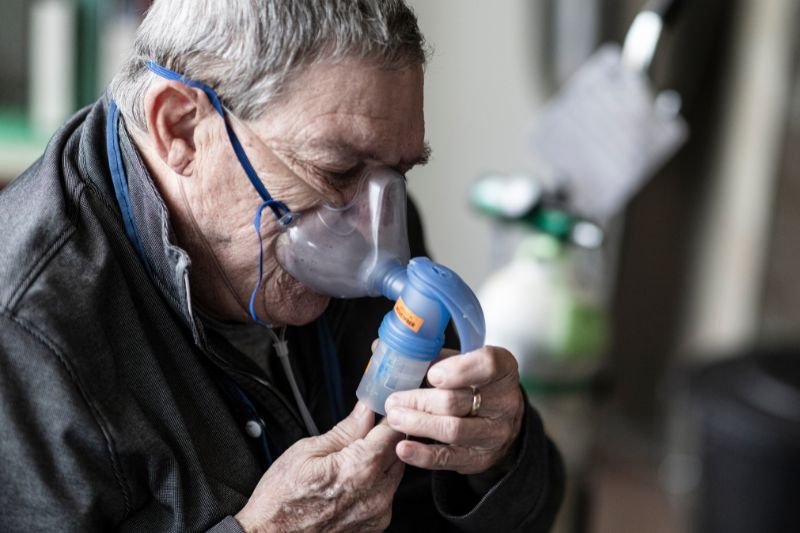Why Palliative Care is Essential for Elderly Well-Being
As our loved ones age, their healthcare needs often become more complex, requiring a delicate balance of medical attention, emotional support, and compassionate care. Palliative care, a specialized approach focused on enhancing the quality of life for individuals with chronic or serious illnesses, emerges as a crucial element in addressing the unique challenges faced by the elderly.
This blog explores why palliative care is essential for elderly well-being and how it can significantly improve their overall quality of life.
1. Addressing Chronic Illnesses with Compassion
Elderly individuals often face chronic conditions like arthritis, diabetes, cardiovascular diseases, or cancer. Palliative care is designed to manage symptoms such as pain, fatigue, and breathlessness effectively, ensuring that seniors remain as comfortable and active as possible.
2. Enhancing Emotional and Mental Health
The emotional toll of aging and illness can lead to anxiety, depression, and feelings of isolation. Palliative care prioritizes emotional and psychological well-being by offering counseling, support groups, and activities that bring joy and purpose to seniors’ lives.
3. Providing a Holistic Approach to Care
Unlike traditional medical care, which often focuses solely on treating illnesses, palliative care adopts a holistic approach. It integrates physical, emotional, spiritual, and social aspects to ensure comprehensive well-being for seniors.
4. Supporting Families and Caregivers
Caring for an elderly loved one can be overwhelming for families. Palliative care extends its support to caregivers, offering guidance, resources, and respite care services. This collaborative approach reduces stress for families while ensuring that seniors receive the best possible care.
5. Promoting Dignity and Independence
Elderly individuals value their dignity and independence. Palliative care honors these priorities by respecting their preferences, involving them in care decisions, and providing assistance in a way that empowers them to maintain a sense of control.
6. Ensuring Continuity of Care
One of the hallmarks of palliative care is its ability to provide seamless transitions between different levels of care, whether at home, in a hospital, or within a dedicated care facility. This ensures that seniors experience consistent, high-quality support throughout their journey.
7. End-of-Life Care with Compassion
For seniors nearing the end of life, palliative care offers unparalleled support in creating a peaceful and respectful environment. It helps manage pain and other distressing symptoms while prioritizing the individual's comfort and dignity.
Conclusion
Palliative care is not just about managing medical conditions; it’s about creating an environment where elderly individuals can live their golden years with dignity, comfort, and joy. By addressing their physical, emotional, and social needs, palliative care ensures that seniors receive the attention and respect they deserve.
At Sukhada Solace for Elderly,we are committed to providing compassionate and comprehensive palliative care that enhances the well-being of the elderly. If you or your loved one could benefit from this specialized care, don’t hesitate to reach out to us. Together, we can ensure a better quality of life for our senior community.
